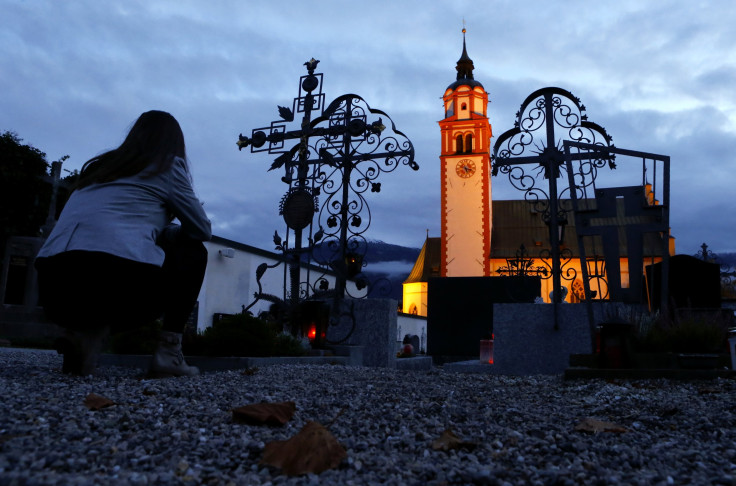
El Dia De Todos los Santos or All Saints Day is an important Christian celebration taking place on November 1st. It is a particularly important Catholic tradition that honors all those that have been beatified in Heaven. In many countries it is a national holiday. November 2nd is known as 'All Souls Day' and it commemorates the faithful souls who have not been purified and thus have not yet reached the Kingdom of Heaven. This belief is particularly relevant to the Catholic tradition which venerates the saints as pathways to the Lord. By contrast, the Methodist Church sees all Christians as saints and therefore on All Saint's Day, the Church clebrates both living Christians and members of the congregation that have passed away.
In Mexico, All Saints Day also coincides with Dia de Los Muertos celebrations and is a representation of the amalgamation of traditional indigenous beliefs and Spanish Christian tradition. On November 1, some Mexican traditions hold that the spirits of deceased children return to their families to visit for the night. Thus, this day is also sometimes known as 'El Dia de Los Angelitos' (Day of the Little Angels). The tradition also falls on the same day as the Celtic celebration of Samahain, which marks the end of the harvest season and the beginning of the "dark half" of the year. It is celebrated in Ireland and Scotland and pre-dates the Christian tradition.
'All Saints Day' can be traced back to ancient Roman times and the pagan festival of Lemuria when the malevolent spirits of the dead were appeased in an elaborate feast. According to Ovid, the tradition began with Romulus attempting to appease the spirit of his deceased twin brother, Remus. The Christianization of this festival came in 609 when Pope Noniface IV consecrated the Pantheon in Rome to the Blessed Virgin and the martyrs. This celebration coincided with the Roman celbration on the 13th of May each year. It was Pope Gregory III (731-741) who moved the date from May 13 to November 1st when he consacrated an oratory in St. Peter's Basilica.
© 2025 Latin Times. All rights reserved. Do not reproduce without permission.




